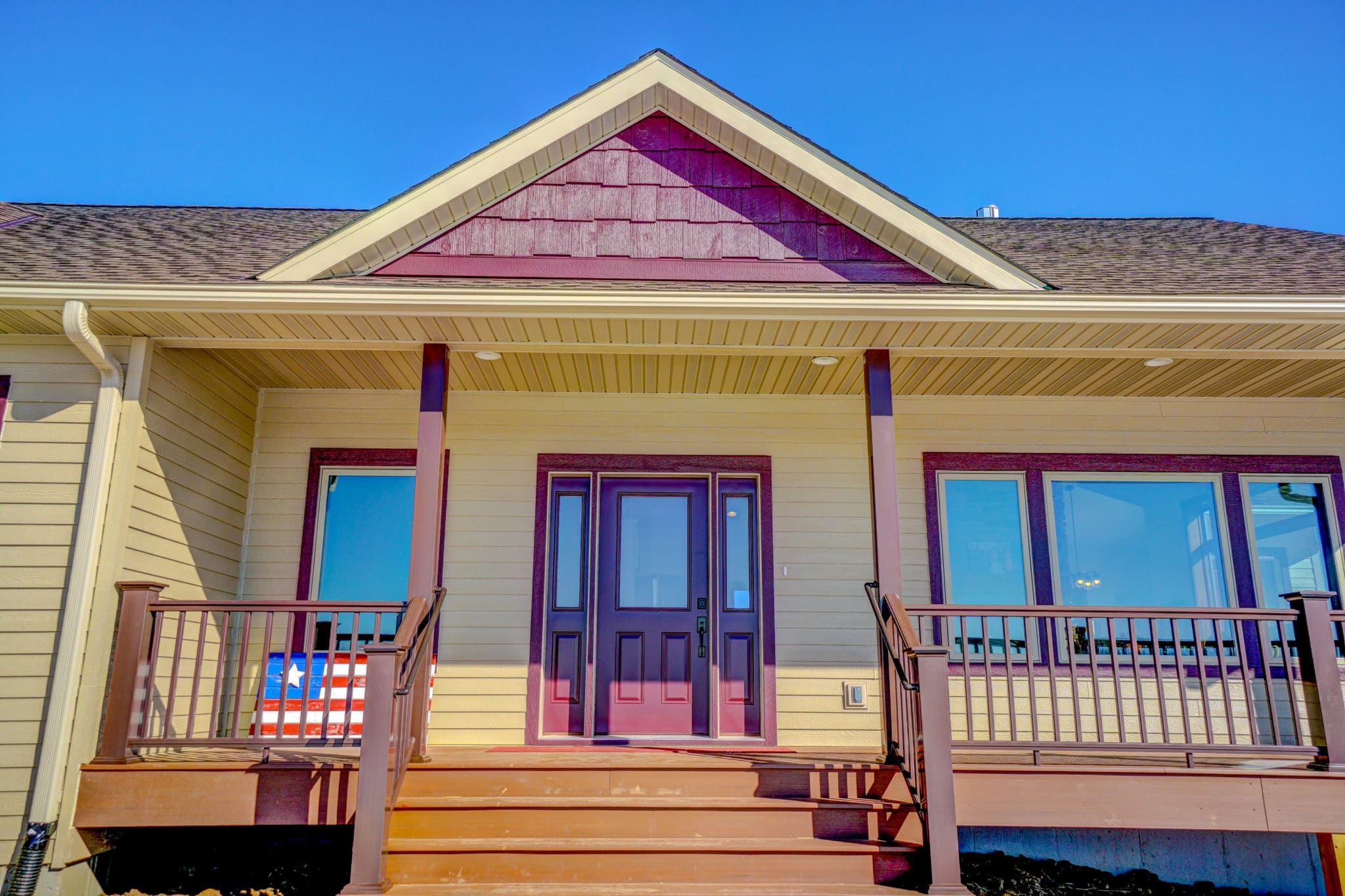Must-Know Details About Energy Efficient Windows
The Lindus Construction team answers homeowner questions every weekend on WCCO 830 AM from 9:00 am-10:00 am. Have your most pressing home improvement questions answered by calling 651-461-9226. Here’s the must-know information on window energy-efficiency our COO, Andy Lindus, shared on a recent program.
When it comes to window replacements, there are a lot of industry terms that can be confusing to homeowners that don’t use them every day. While the term “low-e” might be something they’ve heard, it’s not something most homeowners we meet with regularly understand. Low emissivity glass is beneficial to homeowners because it reflects sunlight. The low-e windows installed by our team allows for solar heat gain in the winter months, when the sun is low on the horizon. During the spring and summer months, as the sun becomes higher on the horizon, the low-e glass begins to reflect the heat, making them the best replacement windows in Minnesota.

Drafts: Are Inefficient Windows to Blame?
James in Wisconsin called in because his son’s second floor bedroom has drafty floor to ceiling window. Set on replacing the window, he wanted to know if reducing the window size was a wise idea. While this decision should be made after meeting with a reputable window installation contractor, it’s highly probable that the real issue is air infiltration or a stack effect occurring within the walls. A window myth many homeowners believe is that their home’s windows are to blame when they feel drafts. Oftentimes, the draft is the result of air filtering through the trim where the perforation is. A home performance test with the use of a blower door can determine the source of a draft and can save homeowners from investing in improvements that don’t fully solve the issue at hand.
See How a Home Energy Efficiency Performance Test is Performed Here:
Condensation From Inefficient Glass
The next question that was addressed was from a homeowner that had a patio door that appeared to have malfunctioned because it was dripping with water. He wanted to know if the door could be replaced in the winter and possible causes. Oftentimes when moisture is present within glass panes, it’s due to seal failure. This means the insulation qualities have been lost and the glass packs become colder than they normally would be, which leads to condensation. Another scenario that can cause water dripping from windows are too high of home humidity levels. If the patio door does need to be replaced, this project can be performed year-round.
If you are needing to update your home to more energy-efficient windows, get in touch with the window professionals at Lindus Construction today.
Listen to the Entire Show Here:
